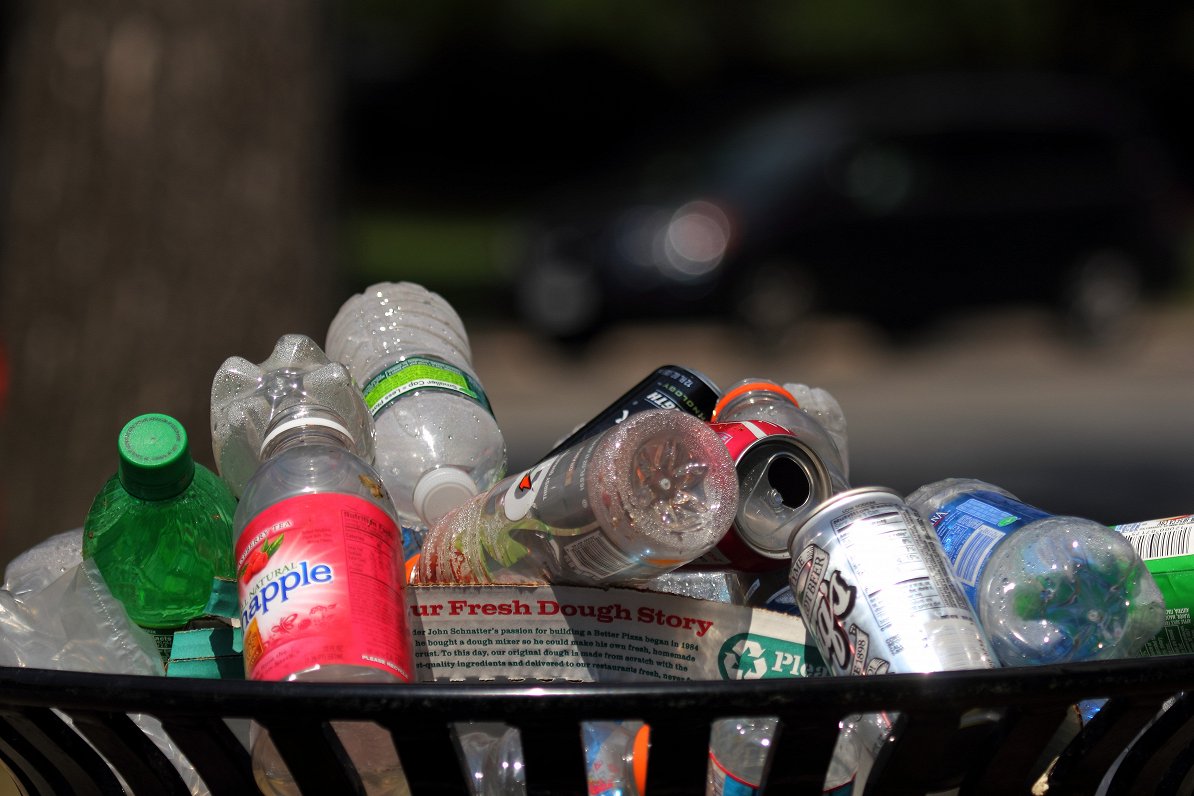SUMMARY:
- Saeima has long discussed, and now finally supports the creation of a bottle deposit system.
- The system will apply to beer and non-alcoholic drinks in plastic or glass bottles, as well as cans.
- Consumers will pay extra, but will regain the cost when depositing the bottle.
- The system will begin operation from February 2022.
- According to the law, consumers will pay the cost of the product and deposit, which will be separately displayed, when purchasing a product in a deposit bottle. In turn, those accepting the bottles will repay the deposit to the consumer or give them a receipt, which they can redeem for product in-store.
The deposit system will accept beer, non-alcoholic drink, cider and cocktail plastic or glass bottles of various sizes, as well as cans for recycling. It will also be possible to deposit bottles, which have been purchased outside of Latvia and are marked with a deposit symbol.
Saeima did not support the implementation of an expanded deposit system. However members of parliament did indicate that in the future the system could include new forms of packaging.
Bottle deposit points will be created in stores, recycling pickup areas and other areas. Merchants will pass on received bottles to the deposit system operator, which will include packaging producers and merchants, but not waste management.
If the system operator makes a profit, it must be invested in the development and effectiveness of the deposit system. Operations will be overseen by the State Environmental Service and Public Utilities Commission.
The system will begin operating in February 2022, but through the end of July 2022 both old and new, depositable bottles will be in circulation.
Opposition MPs described the system as incomplete, narrow and outdated even before implementation. For example, Didzis Šmits indicated that because the system will read the barcodes on the label, bottles discarded in the woods won't be picked up.
Still, 79 MPs voted for implementation of the deposit system, even from the opposition. Five of the MPs present did not vote.
The bill's progression through Saeima stands out with the fact that there were only a few proposals during the second commission reading, but 83 proposals during the third reading. MP Krišjānis Feldmanis (New Conservative Party) explained, no one had predicted that the bill would reach a third reading.
BACKGROUND:
Opinions on the implementation of a deposit system have been varied. Several entrepreneurs have emphasised that it would be too expensive and not be effective enough. Environmental activists are of two opinions – the Environmental Protection Club announced that it doen't support the mandatory deposit system, however the “Green Freedom” organisation emphasised that it would be an important and environmentally friendly step.
Minister for Environmental Protection and Regional Development Juris Pūce ("Development/For!") admitted in an interview with LSM.lv that the deposit system is more expensive than recycling collection, however it will allow for the collection of up to 90% of bottles.
Plans to ban single-use plastic items such as plates, cutlery, straws, balloon sticks or cotton buds have been adopted in the EU. These products will be banned from the EU market from 2021 under draft plans approved by the European Parliament.





























